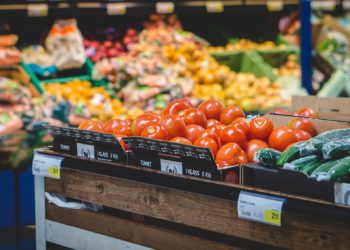Supermarket sales jump 3.3% as inflation continues to fall
Ocado was again the fastest growing grocer this month, improving sales by 12.5% in the 12 weeks to 14 April

Overall take-home grocery sales rose by 3.3% over the four weeks to 14 April as grocery price inflation also continued to fall to 3.2%, according to the latest data from Kantar.







